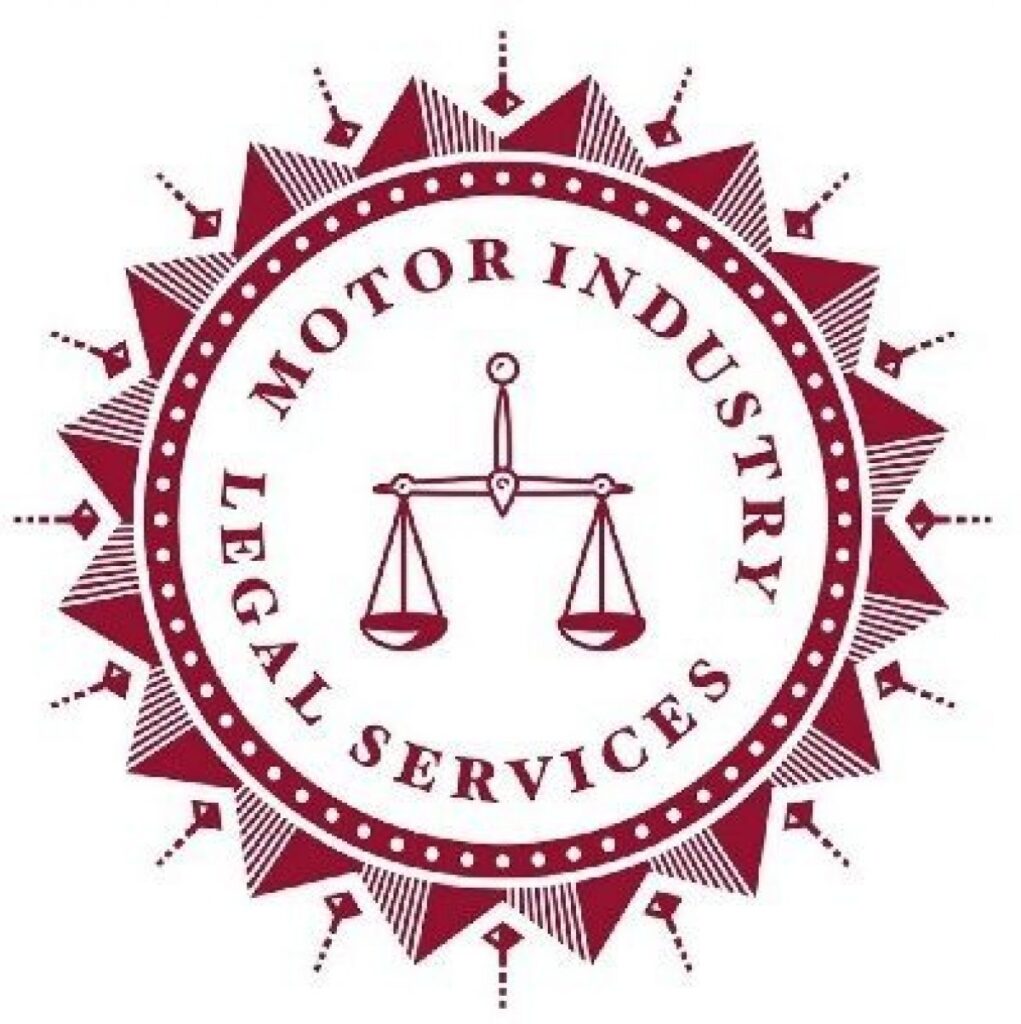[vc_row type=”in_container” full_screen_row_position=”middle” column_margin=”default” scene_position=”center” text_color=”dark” text_align=”left” overlay_strength=”0.3″ shape_divider_position=”bottom” bg_image_animation=”none”][vc_column column_padding=”no-extra-padding” column_padding_position=”all” background_color_opacity=”1″ background_hover_color_opacity=”1″ column_link_target=”_self” column_shadow=”none” column_border_radius=”none” width=”1/1″ tablet_width_inherit=”default” tablet_text_alignment=”default” phone_text_alignment=”default” overlay_strength=”0.3″ column_border_width=”none” column_border_style=”solid” bg_image_animation=”none”][vc_column_text]As a motoring business if you lend out courtesy cars there will be times when those cars incur fines parking charges, Penalty Charge Notices (PCN’s) or even criminal motoring offences such as speeding. It is important that members are familiar with issues raised by each of the above, and the different duties that are required when responding to each one. The information below is intended as a guide to the issues surrounding each area. It does not replace legal advice. As such we would always advise ember to seek
Criminal Motoring Offences
This is the most serious possible situation. There are a number of possible offences that can be committed in your vehicle. The most likely offences that a garage as the registered keeper will encounter are camera enforced offences such as speeding offences or failing to stop at a red-light. In these instances, as the registered keeper you should receive a ‘Notice of Intended Prosecution’ or NIP, within 14 days of the offence. In this case you have a duty to identify the driver of the vehicle and return the NIP within 28 days even if you do not know who was driving. Failure to return the NIP, or a failure to identify the driver are separate offences which can lead to a fixed penalty or a current maximum sentence of £1000 and 6 points.
In the event of receiving notice of a criminal offence do not ignore contact the RMI legal advice line immediately or seek legal advice
Council Enforced Offences
The Road Traffic Act 1991 (c. 40) provided for the decriminalization of parking-related contraventions. This was updated by the Traffic Management Act 2004 and subsequent regulations. In short, councils have taken the place of the police for a number of minor motoring offences relating to traffic management.
Garages should be very vigilant as a number of private landlords produce notices deliberately similar to those produced by local councils in order to obtain payment. Any council enforced PCN should have clear details on how to appeal both to the council concerned as well as to the independent tribunals. If this is not clearly stated, then you have likely received a demand for payment from a private landlord.
When the vehicle is a council enforced offence, in the majority of cases at the time of any ‘offence’ a Penalty Charge Notice or PCN will be attached to the vehicle (there are some cases enforceable by camera). If payment is not made within 28 days the council concerned will have between 28 days and 6 months to serve a Notice to Owner (NTO). This is to allow the owner to make representations regarding the PCN to the council concerned. This is important as it is the owner who is liable to pay any PCN not the driver. The owner can make any representations to the council regarding the PCN as to whether it was validly issued. However, as you were not the driver at the time your evidence will be severely limited. The owner can only avoid liability if
- the PCN was incurred by a person who was in control of the vehicle without the consent of the owner; or
- the vehicle is hired under a vehicle hire agreement and the agreement contains a statement signed by the hirer acknowledging their liability for an PCN issued during their hire period
These are very limited situations and depend on the agreements in place when a courtesy car is provided. It would therefore be beneficial for garage to review the agreements in place when providing a courtesy car to ensure that the driver has accepted liability for PCN’s.
Do not ignore a PCN. When a PCN is received, it should be assumed that you will be liable unless proven otherwise. If you should be required to settle any PCN it is likely that this amount can be recovered from the driver of the vehicle.
In the event of receiving a PCN
- make sure that this is a council enforced PCN, many private car parks use formats deliberately similar in order to obtain payment
- review the contents of any hire/courtesy car agreement to see if the driver has accepted liability for the PCN
- contact the driver and investigate the facts of the case
- contact the RMI legal advice line for legal advice as required
- either admit the PCN or challenge informally with the council
Private Car Parks
These are likely to be the most common type of fines received. Generally parking on private land is governed by contract law principles. Provided there are clear terms and conditions displayed in the car park upon entry a driver agrees to be bound by these by parking and leaving their car there. You should note from the outset that such tickets are very different from those issued by local authorities. Parking tickets on private land cannot lead in any way to any criminal proceedings and they are not a ‘ticket’ as such but a notice saying that they intend to take you to the civil court for trespass, in effect, breach of contract.
A parking operator has no legal right to recover a parking fine without first taking court action against you for breach of contract. What is also important here is that it is the driver not the owner of the vehicle that agrees to park on the property and so any legal liability to argue the case or settle any amount lies with the driver. However, if you do not provide the drivers details when requested where the driver cannot be identified that the registered keeper is liable for any such fines.
In the event of receiving notice of a fine from a private car park
- contact the private landowner informing them that whilst you are the registered keeper you were not the driver at the time.
- Provide the driver’s details immediately, and
- pass details of the fine to the driver
In Conclusion
Where garages lend vehicles that they own they will have little control over the use by their customer. As such there will always be times where the garage, as the registered keeper, is left to pick up the pieces from any number of motoring matters. The biggest problems for garages occur not from the events themselves, but from ignoring them once notified. This will never solve the problem and as can be seen above can increase a garages liability.
Don’t forget, this advice is general in nature and will need to be tailored to any one particular situation. As an RMI member you have access to the RMI Legal advice line, as well as a number of industry experts for your assistance. Should you find yourself in the situation above, contact us at any stage for advice and assistance as appropriate.
Motor Industry Legal Services
Motor Industry Legal Services provides fully comprehensive legal advice and representation to UK motor retailers for one annual fee. It is the only regulated law firm in the UK which specialises in motor law and motor trade law. MILS currently advises over 1,000 individual businesses within the sector as well as the Retail Motor Industry Federation (RMI) and its members. [/vc_column_text][/vc_column][/vc_row][vc_row type=”in_container” full_screen_row_position=”middle” column_margin=”default” scene_position=”center” text_color=”dark” text_align=”left” overlay_strength=”0.3″ shape_divider_position=”bottom” bg_image_animation=”none”][vc_column centered_text=”true” column_padding=”no-extra-padding” column_padding_position=”all” background_color_opacity=”1″ background_hover_color_opacity=”1″ column_link_target=”_self” column_shadow=”none” column_border_radius=”none” width=”1/1″ tablet_width_inherit=”default” tablet_text_alignment=”default” phone_text_alignment=”default” overlay_strength=”0.3″ column_border_width=”none” column_border_style=”solid” bg_image_animation=”none”][/vc_column][/vc_row]




